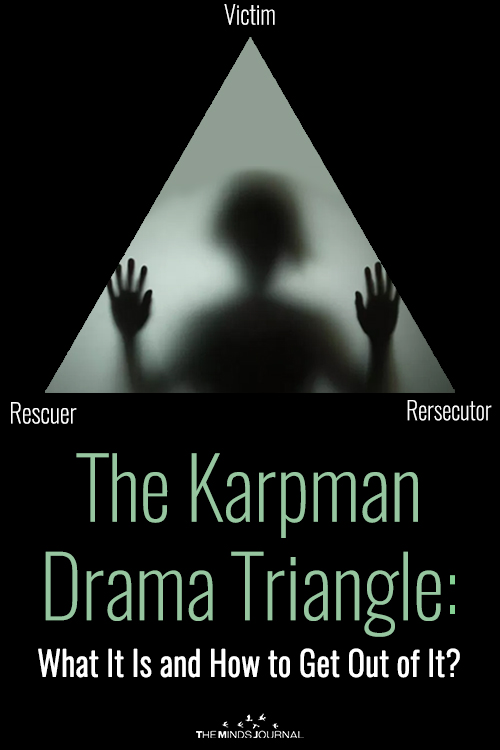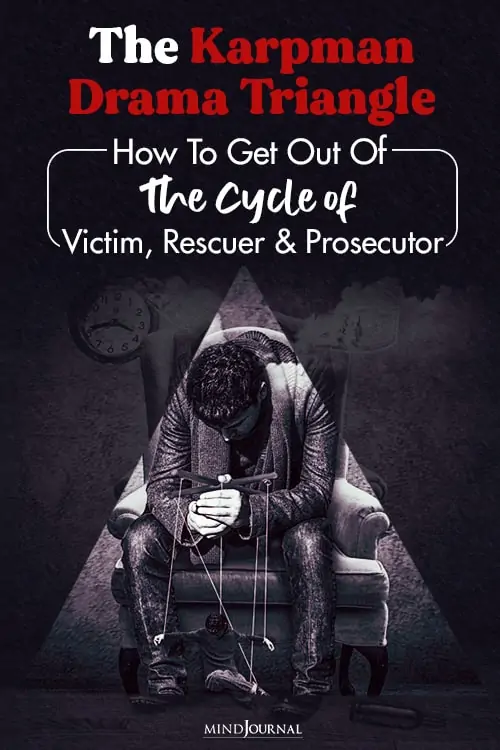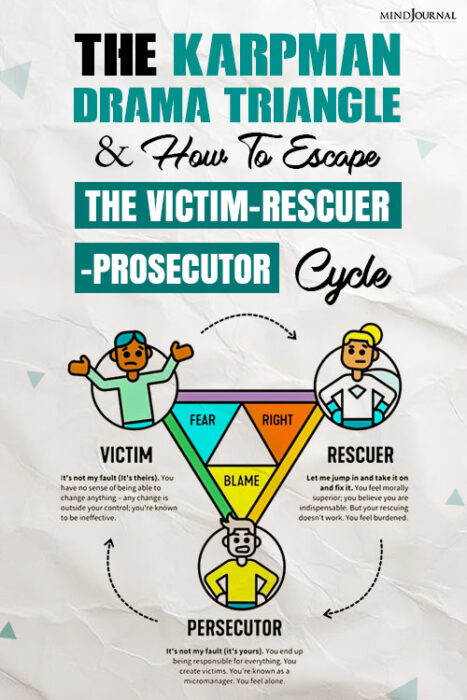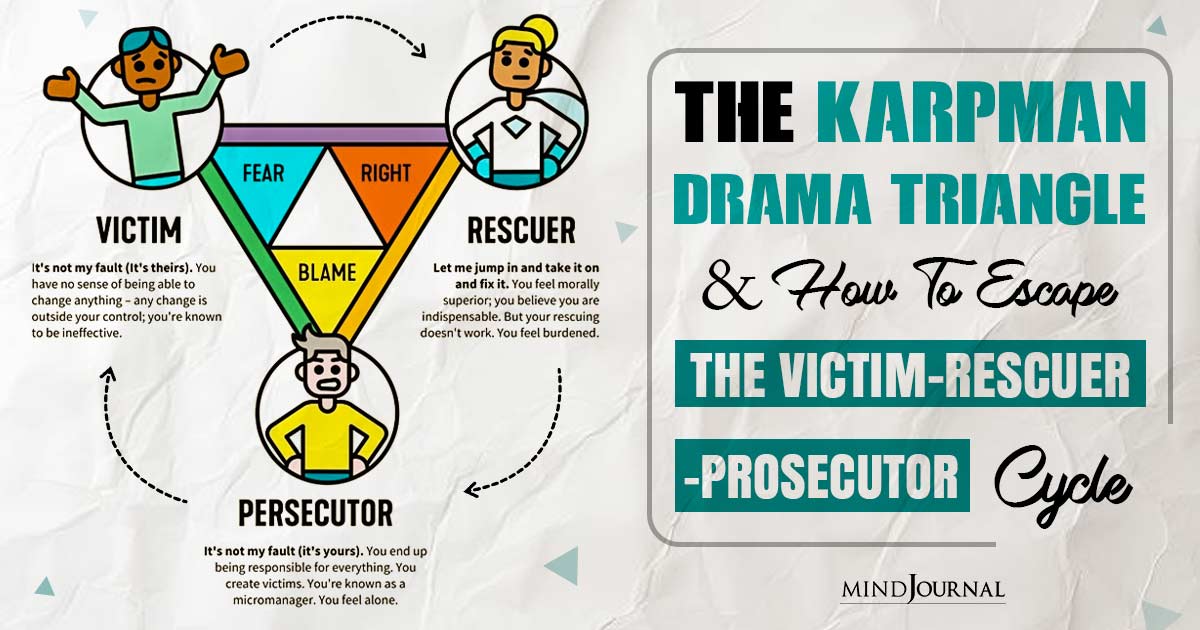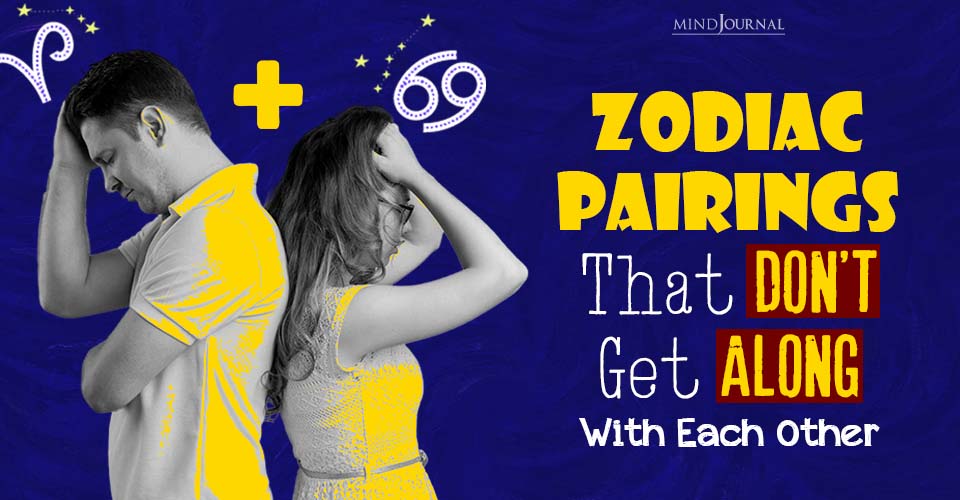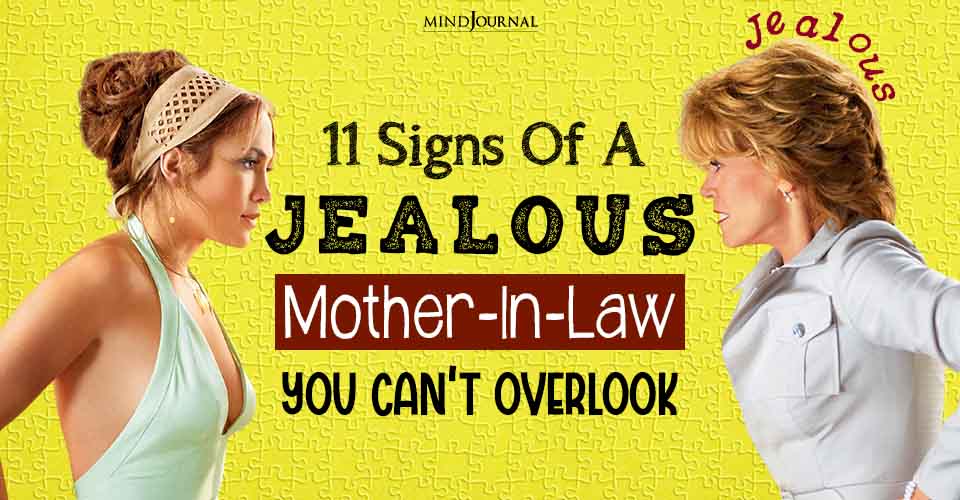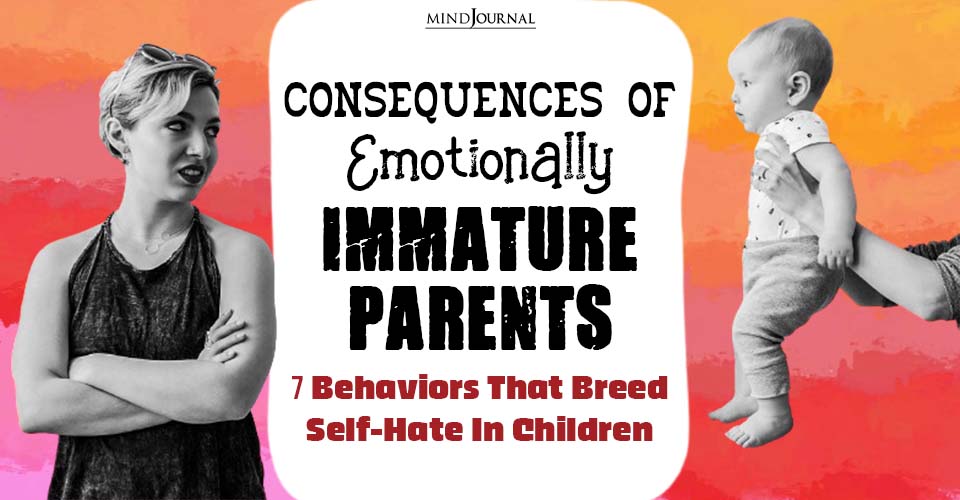The Karpman drama triangle maps a type of destructive interaction that occurs between people in conflict. Let’s learn how to escape this pattern!
When I met my friend TC five years ago, she was struggling to exit a highly toxic co-dependent relationship.
Without digging up details that might be too personal to her, I can talk of the patterns of that particular relationship, which made it toxic.
It was an ongoing “drama” with TC playing three different roles when seen from a larger perspective – the victim because she felt helplessly stuck with a person who abused her emotional boundaries again and again and didn’t think there was a way for her to strike out on her own.
The persecutor, when her patience would run out, the experience of feeling cornered having stretched her thin, and she would throw around things inside the house, yelling so much that a few times the neighbors even felt threatened; and the savior when her then-partner would come complaining that the years had not done anything to his loneliness, to his feeling like he couldn’t count on anyone.
Stephen Karpman MD, named this cyclical phenomenon the “Karpman Drama Triangle”.
Karpman came up with this relational structure to explain social and interactional dynamics when he was still training under the renowned psychiatrist Eric Berne, the founding father of transactional analysis.
Related: What Is The Karpman Drama Triangle and How It Causes Unhealthy Relationships
The triangle represents an interplay between behavior patterns that an individual resort to when in contact with another individual’s behavior patterns. So question is, how would you know which of the three (often it’s more than one) roles you tend to resort to unconsciously when relating to another person or a larger situation?
The 3 Karpman Drama Triangle Examples
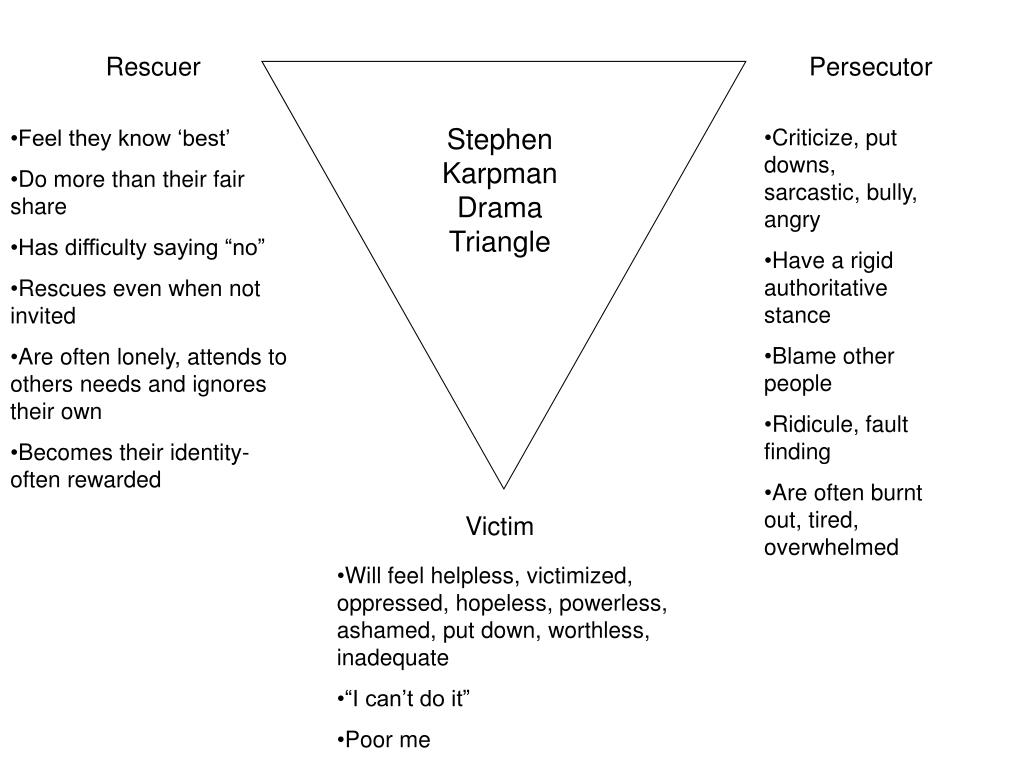
What it’s like being the “victim”?
When you step into the victim’s shoes, the whole world seems like it’s out to get you.
As a victim, your personal sense of power takes an immediate backseat, and in its place comes helplessness that is sapping and depressing. In the victim’s shoes, an individual often experiences “stuckness”, considering the perceived loss of power makes them feel like the situation can’t ever change.
As against actively working to change your circumstance, a victim partakes in blaming the other people involved for their own suffering.
Oppression, real or perceived become a consistent theme to anyone who resorts to playing this role often.
What it’s like being the “persecutor”?
When you or your context presents the persecutor theme, you might be seen as controlling, oppressive, angry, and malicious. Persecutors typically like to be in total control, lest the context puts them into the victim’s shoes.
Condescension and defense are also part and parcel of the persecutor theme. Remember the aspect of my friend’s behavior I mentioned earlier, where she would go into fits of anger and throw things around the house? That’s a classic persecutor at work.
To get their own way, they will do anything, is the message the persecutor delivers as a sub-text. The “stuckness” of the persecutor lies in being inflexible and in the inability to register no other point of view, except the one they hold sacred.
Related: The Under The Radar Relationship Killer
What it’s like being the “rescuers”?
In this role, you or anyone else will feel the need to “fix” what is wrong for the victim.
The worth of the rescuer lies in identifying with the victim and feeling on their behalf, also to then act on their behalf. This is the third wheel of this co-dependent cycle that Stephen Karpman called the “Karpman Drama Triangle”.
The rescuer also experiences a “stuckness”, one where they attach their worth to the solutions they can offer. What they might often not be in touch with is a deeper need to be also cared for and be seen exactly as they are. This takes a certain amount of vulnerability and the rescuer might find it more comfortable to operate from a problem-solver stance.
In essence, the rescuer is perpetually rising up to meet the needs of others, while neglecting their own.
What’s the way out of the drama?
The first thing to remember when you read about the Karpman Drama Triangle, is that it is an unconscious process.
It’s not like you or anyone else intends to create a phenomenon that is bound in toxicity and disharmony. To break it down a little more, the triangle is often a result of early dysfunctional behaviors we learn to survive and deal with conflict.
It also defines the way we perceived and connected with primary caregivers, without having access to a more “adult” way of functioning.
How To Get Out Of The Drama Triangle?
Here are 2 steps that can be taken to get rid of the drama you may be experiencing:
1. Make space for awareness and new information.
Drama patterns such as the Karpman Drama Triangle, continue for years, often for one simple reason. We don’t believe it is a problem despite suffering and experiencing disharmony. And why not, this pattern is the one we may have been born to, which means changing it then is difficult.
However, creating more awareness for yourself can be the first step to breaking this chain. Ask yourself, “How do I feel when this happens?”, “When I am told such and such, what’s my first reaction?”, “If I am pushed around, what do I tend to do?” These might sound like leading questions, because well they are.
They are intended to make you think in particular directions no matter what your context is. If working towards awareness all by yourself sounds challenging, see if you can find yourself a suitable therapist and work with that person to look at your dysfunctional patterns.
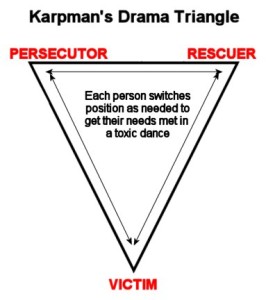
2. Find a positive alternative to the drama triangle.
David Emerald Womeldorff, an executive coach, and a senior consultant came up with what is known as ‘The Empowerment Dynamic’. TED makes it possible to give the toxic drama triangle a different spin.
According to TED, there are alternatives to be explored for all three Karpman Drama Triangle roles – the creator replaces the victim, the challenger replaces the persecutor and the coach replaces the rescuer.
The way it works is that you go inward to sense and feel what is driving you to a particular toxic role and then work from that awareness to channel your actions.
When the creator replaces the victim, there is movement from helplessness to decision and action. Like the victim in the Karpman Drama Triangle, the creator lies central to TED.
The ability to work towards an outcome gives the creator immeasurable power and satisfaction. When the challenger replaces the persecutor, the internal dynamic changes to accountability despite carrying a forthright element.
Related: Toxic Romantic Love: Why Romance Turns Toxic
Unlike the earlier violence, the internal dynamic now changes to provoking alternate thoughts and actions. There is a fearlessness in the situation, without the person having to resort to criticism and shaming.
Likewise, when the coach replaces the rescuer, vitality flows into the context, and “fixing” ceases to the only alternative. The coach can then ask relevant questions and lead the creator to possibilities that resonate. The function of this changing dynamic is to support and yet, not take away the innate power from the creator (earlier the victim).
Any situation that pushes us into any of the three roles – the victim, the persecutor and the rescuer, can be challenging.
But if we were to remember that change is real and can benefit us, we would perhaps see our internal dynamics more clearly and let transformation take place.
